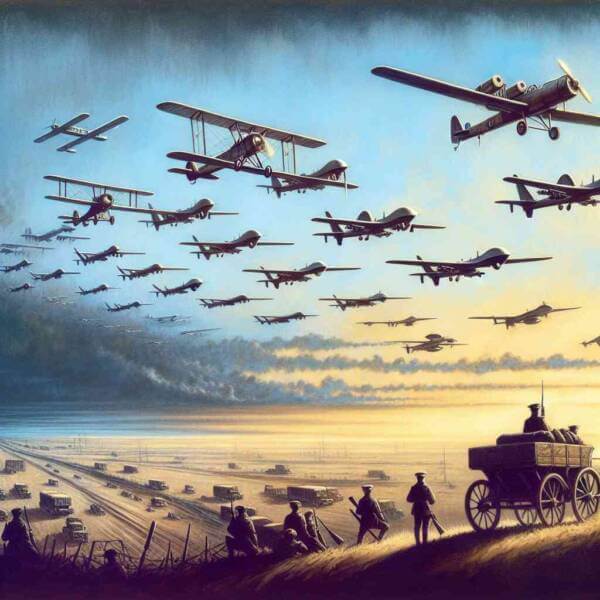Exploring Military Aviation: Key Trends and Innovations
Exploring Military Aviation: Key Trends and Innovations
Blog Article

Military aviation is an essential part of modern defense strategies around the world.
Today, military aviation encompasses a wide range of technologies, from fighter jets and bombers to surveillance drones and transport planes.
How Military Aviation Began
As technology advanced, airplanes were adapted for air-to-air battles, altering battlefield dynamics.
Major milestones in military aviation history include:
- The introduction of fighter planes and bombers
- World War II advancements
- The Cold War era
- Modern drone warfare
Each era brought new technologies that pushed the limits.
Different Roles of Military Planes
Military aviation includes a variety of aircraft, each designed for unique purposes.
Major aircraft classifications:
- Aircraft designed for air-to-air combat
- Aircraft for long-range attacks
- Transport aircraft
- Eyes in the sky for modern armies
Each type plays a key part in military operations, from striking enemy targets.
Importance of Air Superiority
Air superiority is crucial for achieving military success.
How controlling the air impacts battles:
- Protecting ground forces
- Cutting off enemy resources
- Surveillance and reconnaissance missions
- Boosting morale
Nations with strong military aviation capabilities can control conflicts.
The Next Generation of Military Aircraft
Constant research and development open new possibilities for future warfare.
Cutting-edge developments:
- Stealth technology
- Ultra-fast strike capabilities
- Autonomous drones
- New forms of aerial weaponry
These advancements increase survivability for air forces worldwide.
Risks and Limitations
From high costs to geopolitical tensions, the road to air dominance is a constant battle.
Key challenges include:
- Budget constraints for defense programs
- Rapid technological changes
- Protecting systems from hacking and sabotage
- New debates about AI in warfare
Addressing these challenges is crucial to staying ahead.
What Lies Ahead
Nations will continue investing in space-based systems to maintain strategic advantages.
Likely developments:
- Greater integration of artificial intelligence
- Military satellites and space-based weapons
- Reducing environmental impacts of defense operations
- Enhanced multinational cooperation
The next era of military aviation will revolutionize here how wars are fought.
The Enduring Power of Military Air Forces
Military aviation remains a decisive factor in global defense.
As technology continues to evolve, the skies will remain a frontline of innovation where military aviation shapes the world order.
The future of military aviation is full of potential — and it’s only just beginning. Report this page